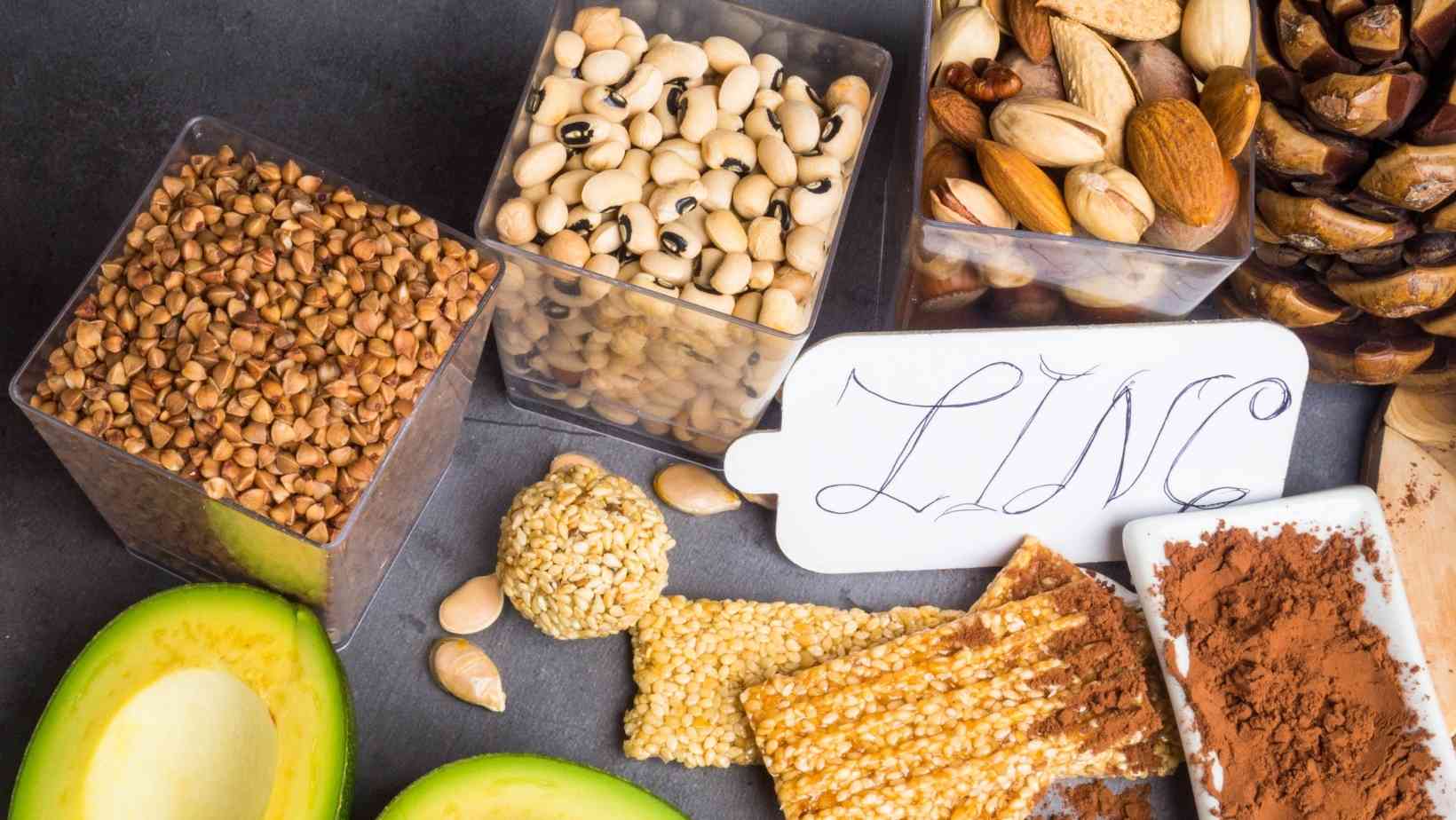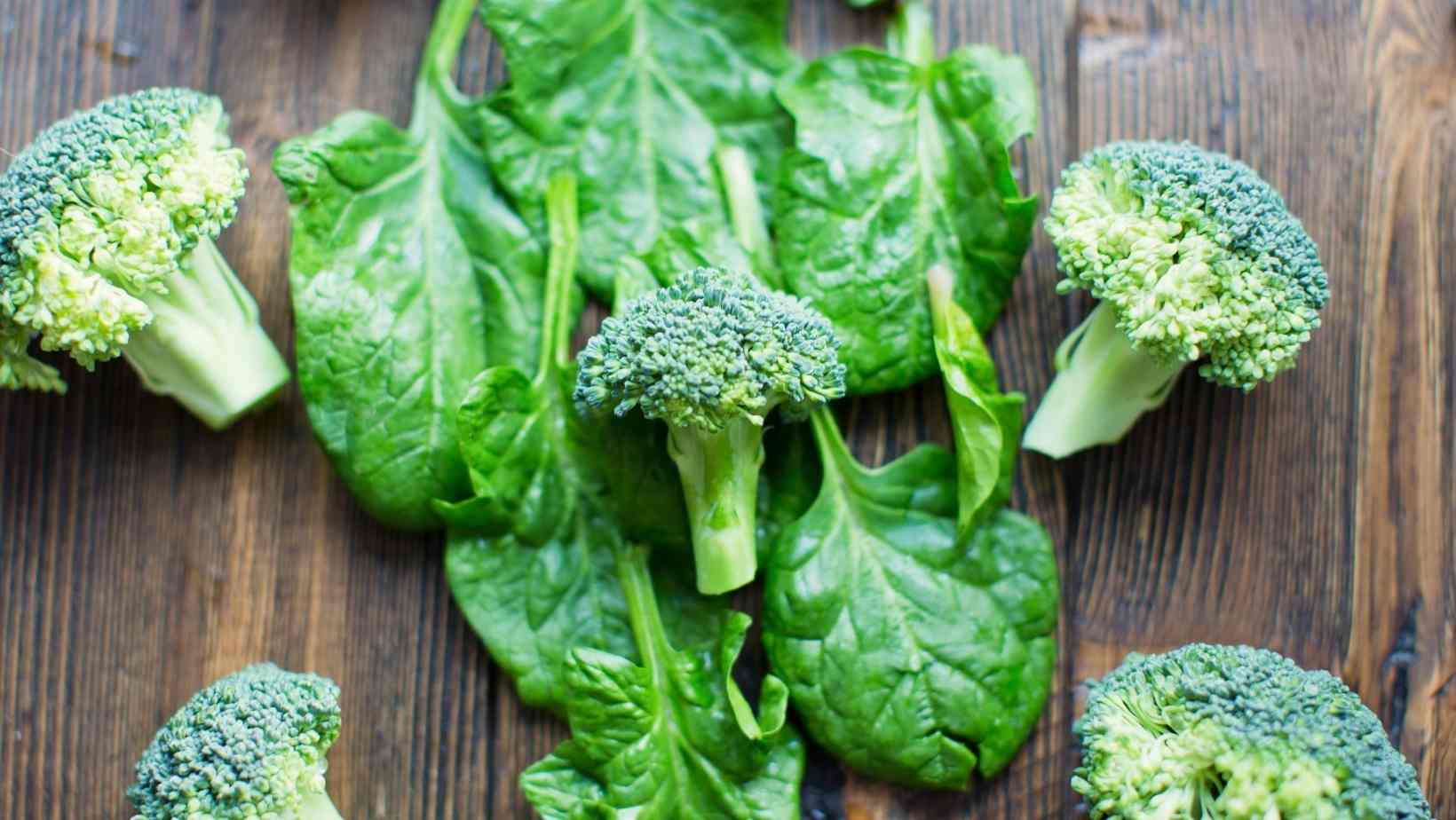Increasing concern about immunity-boosting foods and supplements is being raised as the second wave of the Covid-19 epidemic continues to spread over the world. For optimum health, nutritionists throughout the globe suggest that individuals eat a well-balanced diet that includes a variety of nutrients such as vitamins, zinc, minerals, proteins, fats, and carbs. Vitamins and zinc are particularly essential since they help to strengthen the body's immunological defences. Natural sources of vitamins and zinc, such as the foods listed below, are readily available and may be easily included in meals.

Here are 7 zinc-rich foods to add to your diet that are high in vitamins and zinc that you should consume:
Jump to:
1. Oats (avena sativa):
Oats are a good source of several essential vitamins and minerals, and they have been linked to a lower risk of heart disease. A half-cup of oats has 1.5 milligrammes of zinc and is high in fibre, beta-glucan, vitamin B6, and folates, among other nutrients. Oats are beneficial in lowering cholesterol levels and encouraging the development of beneficial bacteria in the stomach. Oats (and other whole grains) include phytates, which are similar to those found in legumes and may interfere with the body's ability to absorb minerals.
Oats may be a fantastic source of critical nutrients if you consume them in moderation.
2. Cashews
Cashews are a fantastic source of zinc that is derived from plants in their natural form. Whether eaten raw or roasted, they provide around 1.5 milligrammes of zinc per serving. They are high in vitamin A, vitamin K, copper, folate, and heart-healthy unsaturated fats, and they are low in calories. Eating cashews may thus help to lower the risk of developing heart disease and to maintain a healthy cholesterol level.
3. Citrus Fruits And Berries
According to some sources, vitamin C aids in the development of white blood cells, which are essential in the battle against infection and illness. Almost all citrus fruits are high in vitamin C, including oranges and grapefruits. Oranges, lemons, pineapples, sweet limes (mosambi), grapefruit, and a variety of other citrus fruits are available for purchase. Due to the fact that the body does neither create nor retain Vitamin C, consuming a sufficient amount of vitamin C on a daily basis is essential. 75 milligrammes of vitamin C are advised daily for adult women, while 90 milligrammes are recommended daily for adult males.
Citrus fruits and berries are a fantastic supply of vitamins from natural sources.
4. Broccoli And Spinach
Broccoli is a powerhouse of nutrients, including vitamins and minerals. As one of the healthiest vegetables we can eat, broccoli is packed with vitamins A, C, and E as well as fibre and several other antioxidants. It is also one of the most delicious. Spaghetti, on the other hand, is not only a good source of vitamin C, but it is also high in antioxidants and beta carotene, both of which help our immune system to fight illness more effectively. Similar to broccoli, spinach is at its healthiest when it is cooked as little as possible to maintain as much of its nutritional value.

5. Oily Fish like Tuna and Salmon
Fisheries products, especially fatty fish such as salmon and tuna, have significant concentrations of minerals and protein. They are high in vitamins and minerals, such as B vitamins, zinc, and iron, and are also high in Omega-3 fatty acids, which are beneficial for boosting muscular activity, immunological function, digestion, and fertility. They are also high in antioxidants.
Fish may be an excellent source of nutrients to include in your regular diet.
6. Yogurt
Yogurt is very beneficial to our immune system as well as our digestive health. Yogurt offers beneficial bacteria for a healthy stomach, as well as the necessary amount of zinc for the body. Approximately 1.5 milligrammes of zinc may be found in a cup of curd/yogurt. It is, without a doubt, one of the most effective solutions for assisting digestion and boosting immunity. Yogurt is also an excellent source of vitamin D, which may aid in the strengthening of our bones.
7. Ginger
Ginger is a strong source of vitamin C, but it also includes beta-carotene, which is a powerful antioxidant. Upon entering the body, it is turned into vitamin A, which helps to strengthen the immune system. It is critical in ensuring that our body receives a sufficient amount of antioxidant protection. In some ways, it might be thought of like our own personal bodyguard, guarding us against oxidation and illness. Ginger also has the additional benefit of increasing one's metabolism and stabilising one's blood sugar level in the body.




